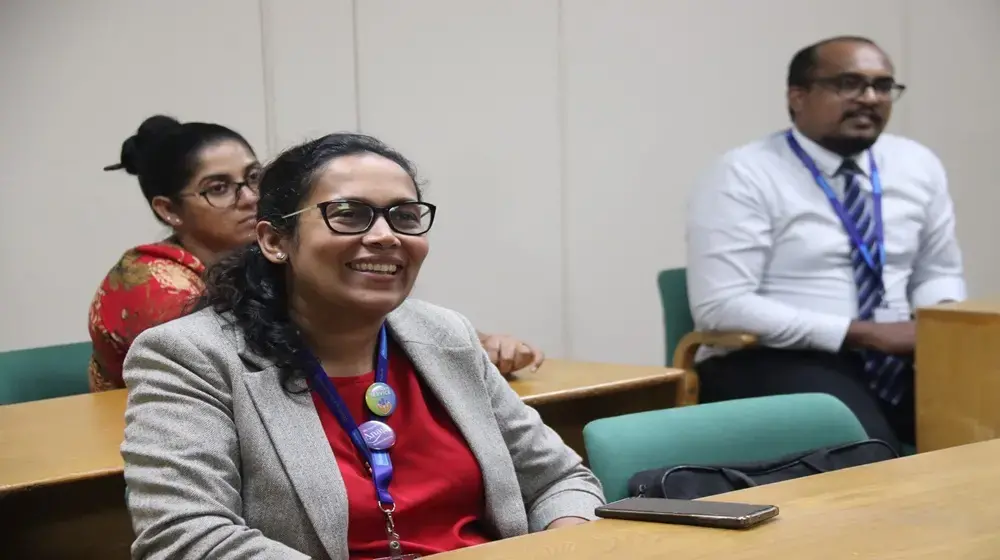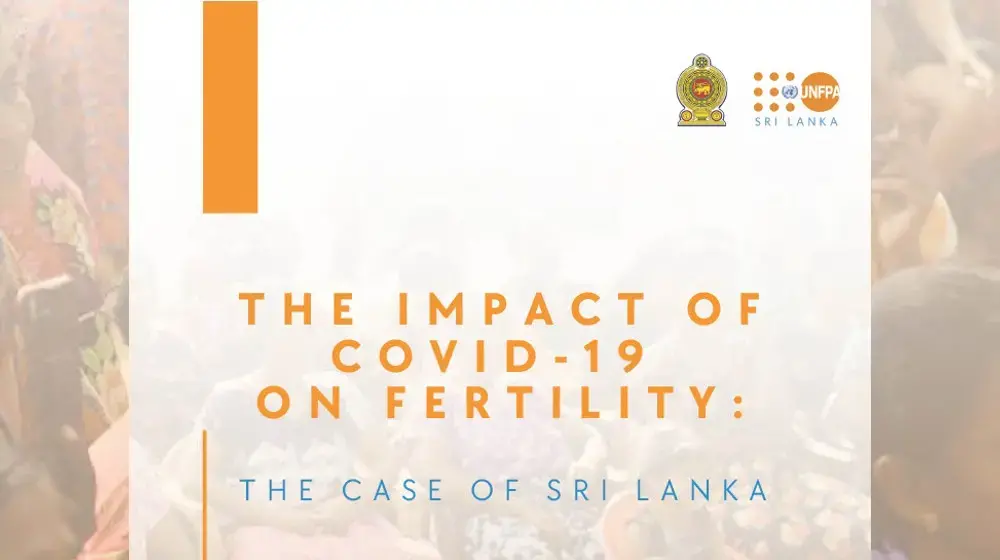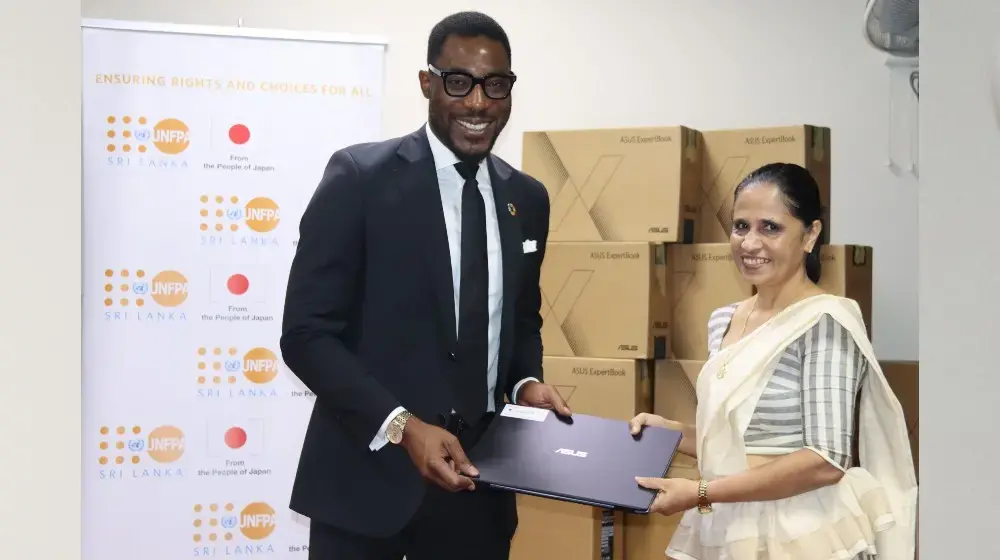Learning that you are HIV-positive can be one of the most challenging experiences you go through in life. *Kamal learned of his HIV status as he lay hospitalized waiting for death. He was stick thin and weighed 20 kgs when he was tested and the doctor announced to his mother and all others in the waiting room, “He has AIDS, he will die in a week”.
"This is what the doctor told me. Thankfully, although it was a late diagnosis, and despite the doctor giving me a week to live, I had not come to the AIDS stage. I now know that even those diagnosed with AIDS can live a healthy life by returning to living with HIV if they receive treatment on time.
14 years have passed since that fateful day I was diagnosed as HIV positive, and I am still looked at as something to be avoided/feared.”
Before his diagnosis, Kamal was a social worker who supported and rehabilitated people who use alcohol and drugs. But the trauma and self-stigma he felt during the initial stages of his diagnosis caused him to shift his direction. Since then, he has been working to support people living with HIV. “It’s my personal experience that motivates me to go out into the field and help others like myself. I had no one to turn to for comfort or support. It was after I had come to terms with my diagnosis that everything took a turn for the worse. One day I returned home after work to find my father-in-law had sold my house and thrown all my belongings into the river... I had no place to go… no one to turn to.” So Kamal sought legal help and filed a case. “The irony of it all is that we conduct so many awareness and sensitization sessions, work with lawyers and the justice system and yet, every time I am called to the stand, the opposing lawyer begins his argument by announcing my HIV status. It is not relevant to the case, but that is how society chooses to define me.”
The storm Kamal has braved was but one of many he has endured, and through his painful memories and experiences, he has dedicated his life to helping others, especially those in the MSM (men having sex with men) and Gay communities. Hailing from Nuwara Eliya, Kamal has 20 years of experience as a social worker. To him, self-stigma is the biggest challenge in his line of work.
“Usually when we talk about stigma, we look at external forms. How society and others perceive people living with HIV and so self-stigma is often overlooked. But, self-stigma is the most serious and detrimental form of stigma. Sri Lanka doesn't have professionally trained counsellors in the field of HIV. So our programmes are not geared to address these issues… as a result, we have a high rate of loss to follow up."
“Our National data says 17% of the population is HIV positive, but there is a significant proportion who come under loss to follow up. That is people who have not returned for continued care or evaluation, and they are not reflected in the national data” So Kamal’s primary focus is case finding, identifying vulnerable persons and encouraging testing. His most painful experience was when he had to break the news to a client, a married man, a father of two from Anuradhapura. After learning of his positive status, the individual attempted suicide. Kamal and his team chased after him and dragged him away from the rail track. “We brought him back to our office and sat with him for nearly 9 hours… during this time he was so distraught, he didn’t even take a sip of water… His fear, shame and self-stigma were eating him alive. So I just sat with him, because I knew that he wasn’t in the frame of mind to listen to anything…I knew because I saw myself in him.” But Kamal didn’t give up and gradually, the client shared his story. The team worked closely with him for over a year and continues to follow up with him.
Unfortunately, the COVID-19 pandemic has made case finding all the more challenging and fieldwork nearly impossible. “ But, just because fieldwork isn’t happening doesn’t mean the risk associated with having unprotected sex has gone away.” The inaccessibility of condoms and lack of access to support services have seriously amplified the problems. As a result, the team embraced available technology. The group dispensed with the private Facebook groups previously used and began using the ‘Telegram App’ instead. Live programs are conducted on this platform with the assistance of doctors and other health care professionals. They also have closed WhatsApp groups where people can share their frustrations, concerns, etc. and “we can analyze their risks and provide them with immediate support.
The number of cases we found in 2019 was 32 with 18 of us on the ground. Now through the use of social networks, we have found 19 cases with only 6 of us working.”
COVID-19 has thus opened new avenues for finding HIV cases, but it has also put an end to HIV treatments.
People living with HIV used to go to IDH for treatment, but after COVID-19 hit, the priority shifted to testing and treating COVID-19 patients, so HIV patients no longer have anywhere to go. Normally, people receiving HIV treatment are tested every 6 months to assess their viral load. Such testing is no longer being conducted. “We don’t know if the treatment has worked or not. Doctors are asking us what to do. They have no place to refer patients to as other hospitals are not equipped or geared to treat people living with HIV. For example, a lady came to us with two large boils under her arms. We helped her with surgical consultations and finally, she was sent to a public hospital for surgery last year. Sadly, that’s where her story ends. The doctors there disregarded her completely and refused the surgery because she has HIV. Her faith in the medical system was shattered. She has not visited any doctor since then.”
This is the sad reality for many in Sri Lanka who are living with HIV. “We are not close to ending AIDS by 2025 yet,” says Kamal. Yet he vows to continue his case-finding efforts and do everything he can to ensure that no one is left behind.
UNFPA works with and through folks like Kamal and Government partners, to advocate for increased testing and awareness on HIV and AIDS both locally and globally, with a commitment to achieve zero new HIV infections, zero discrimination and zero AIDS-related deaths. Addressing HIV is integral to UNFPA’s mission of achieving universal access to sexual and reproductive health and realizing human rights and gender equality. Therefore in Sri Lanka, UNFPA works through the National STD & AIDS Control Programme with both survivors and social workers like Kamal to end the stigma and discrimination that continues to impede the realization of people’s rights, including enhancing access to essential information and services for HIV-related services.
*Names changed to protect privacy





